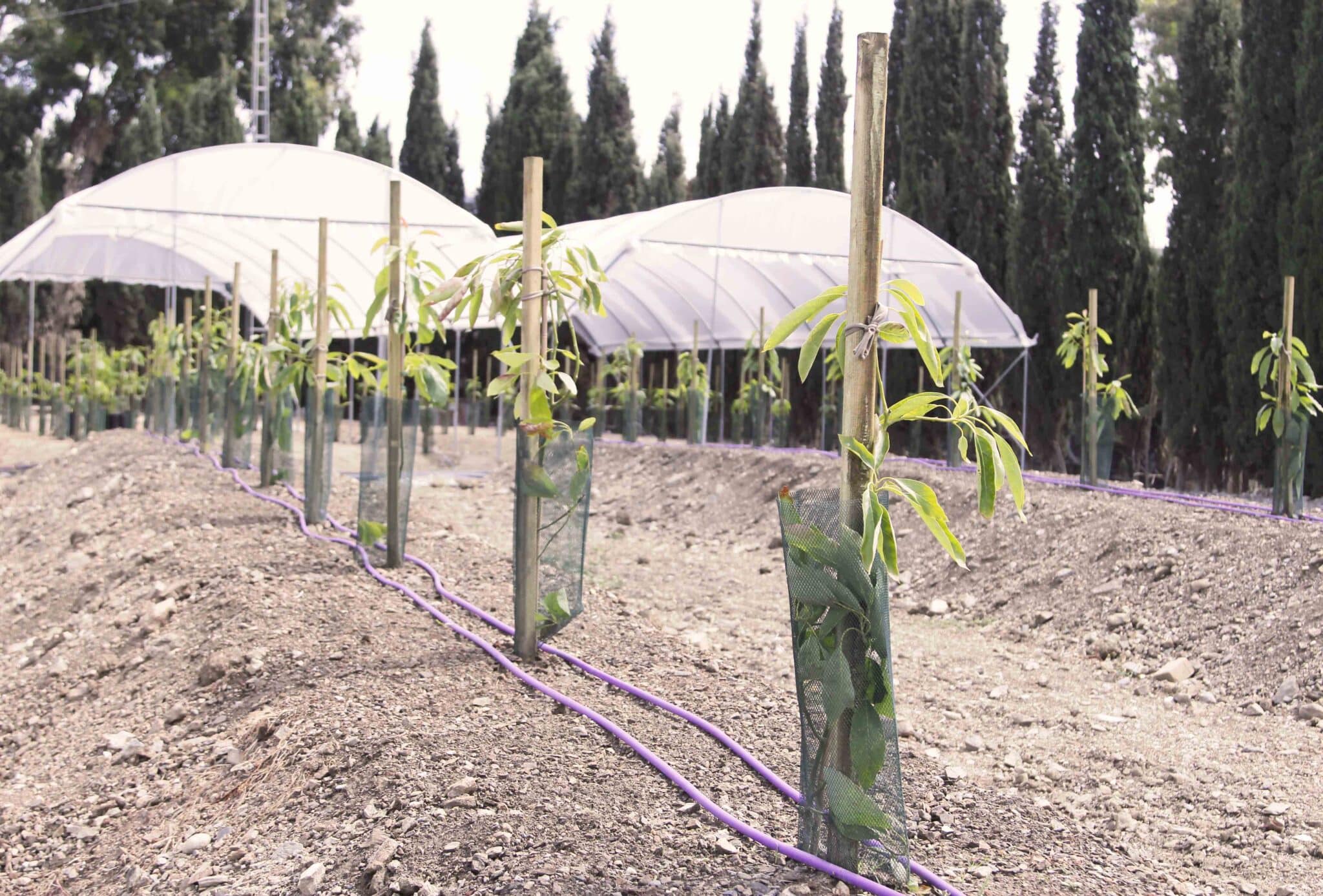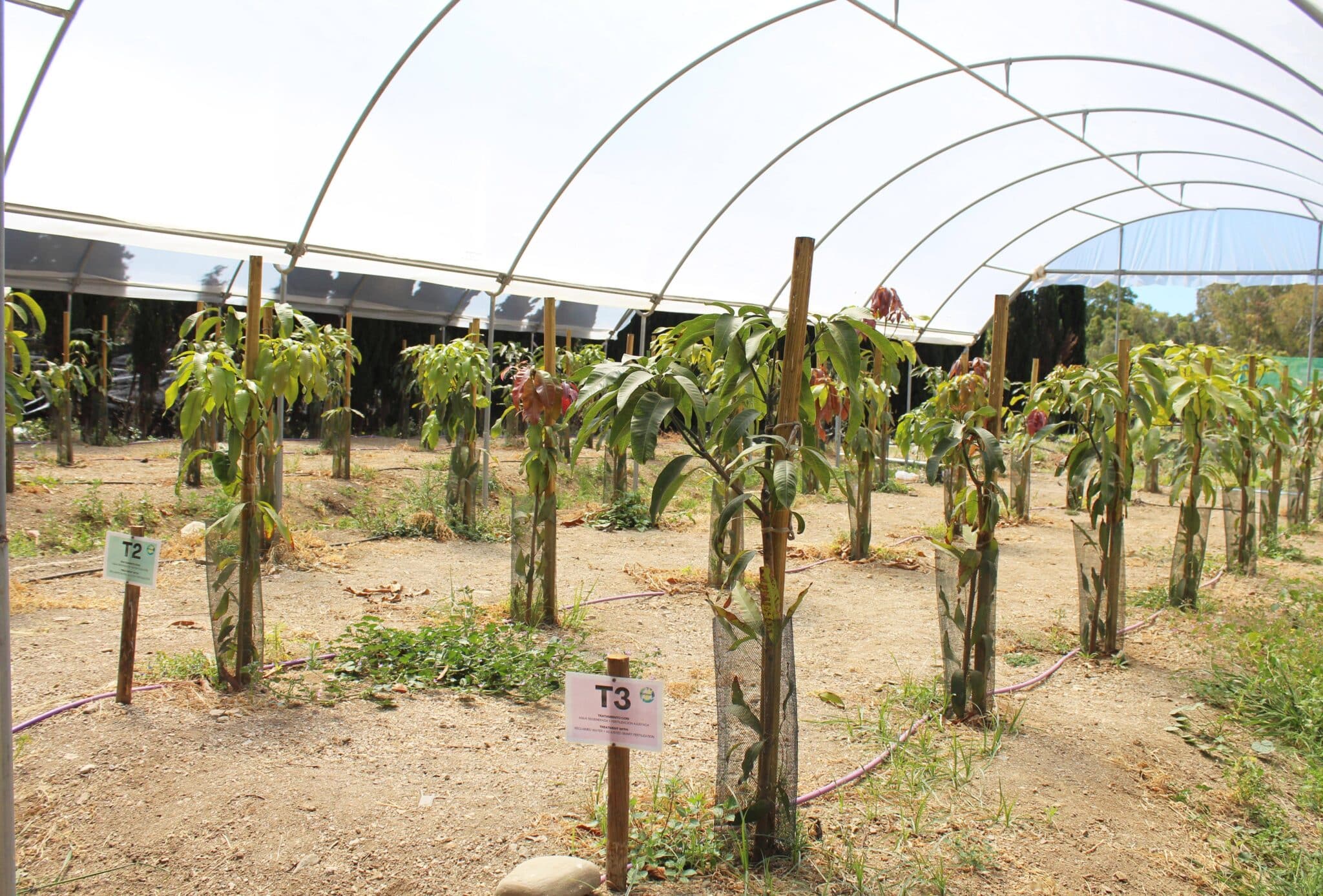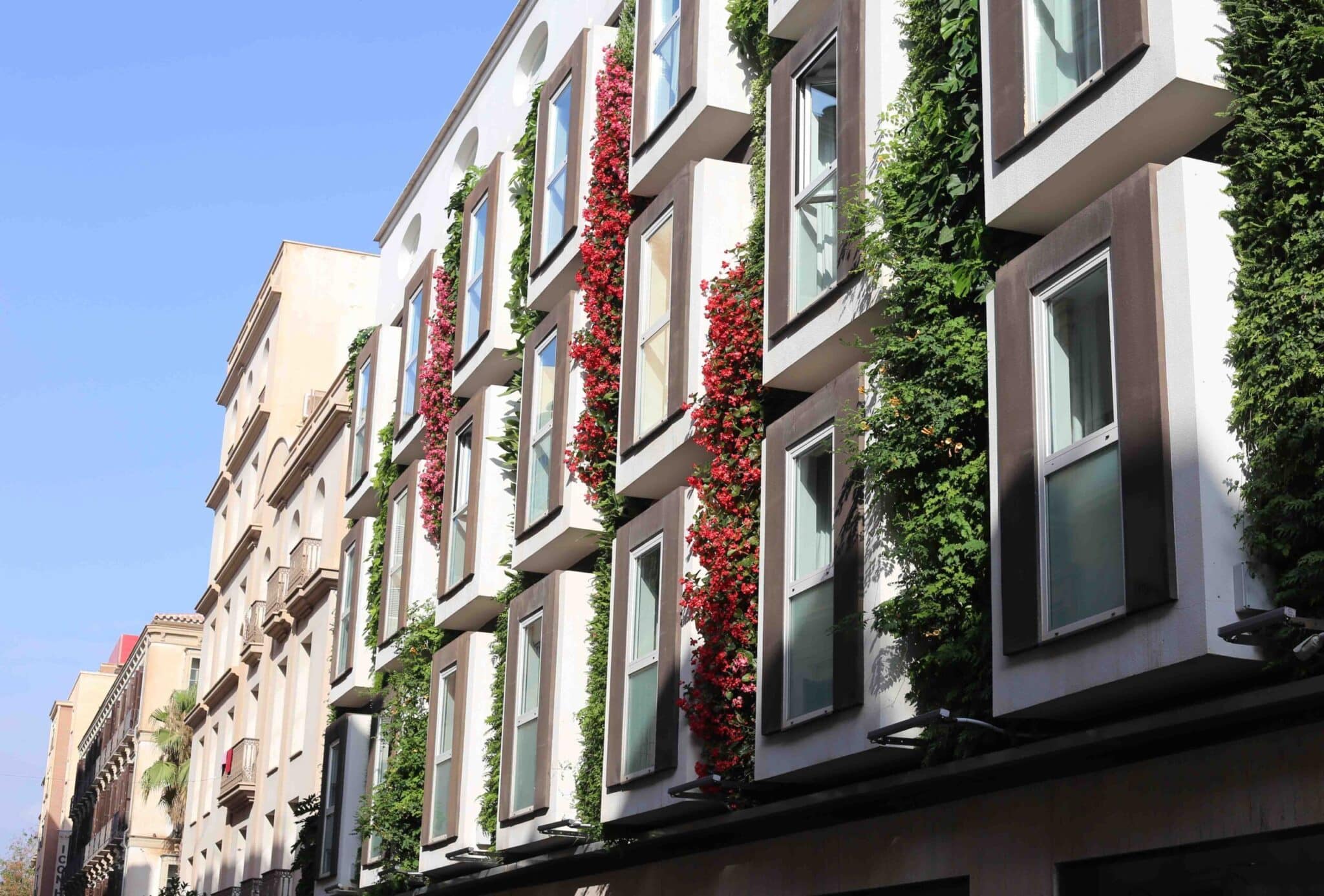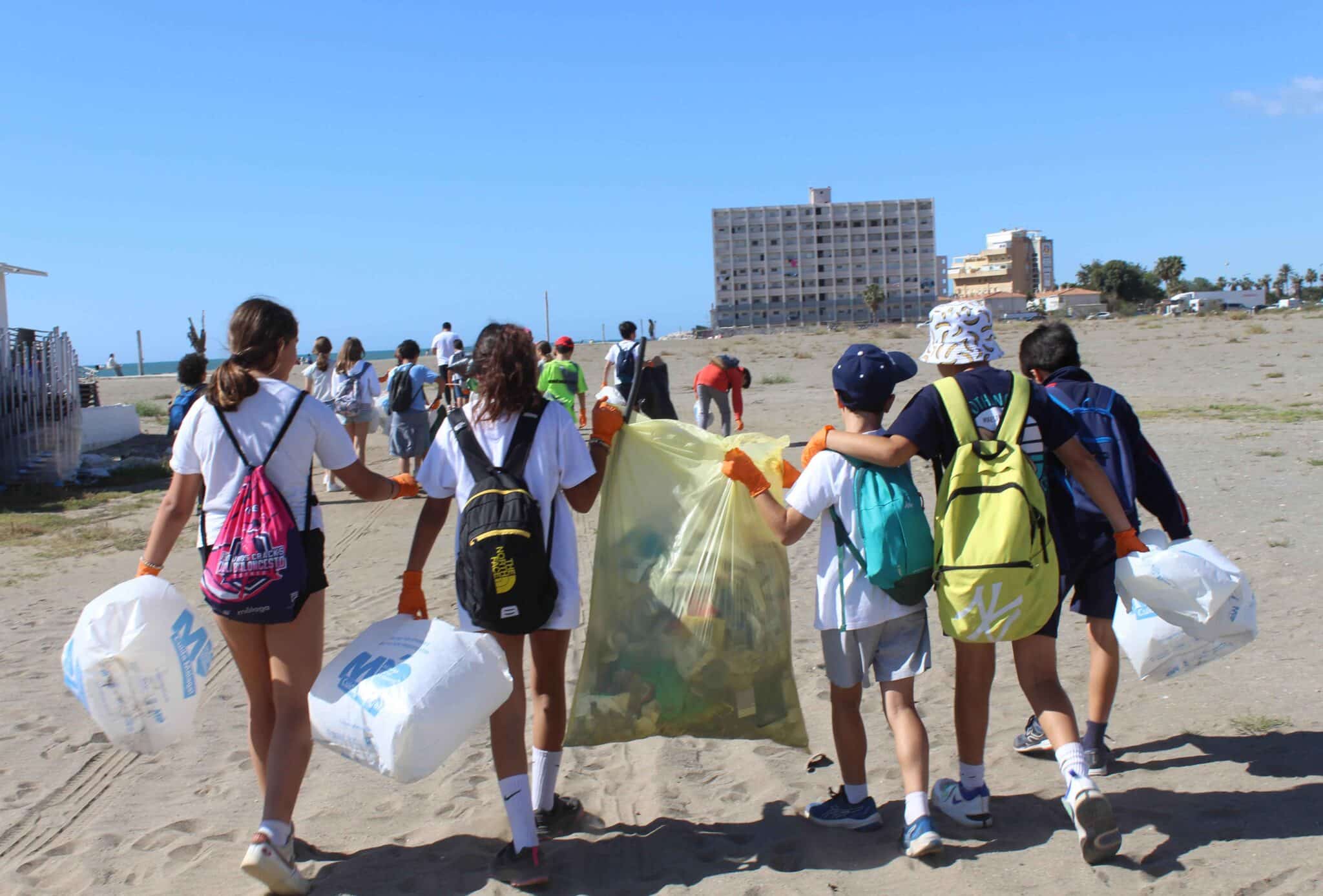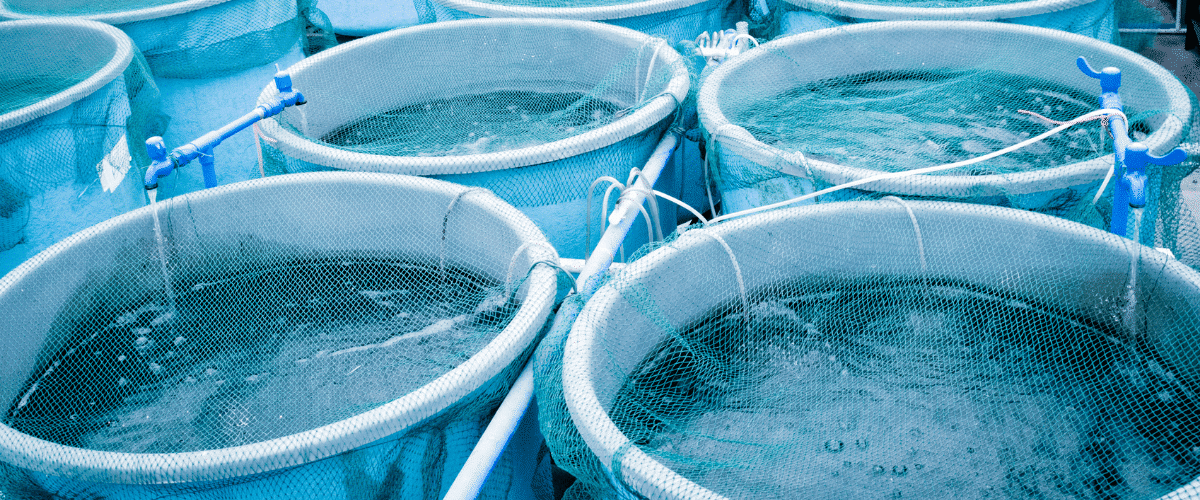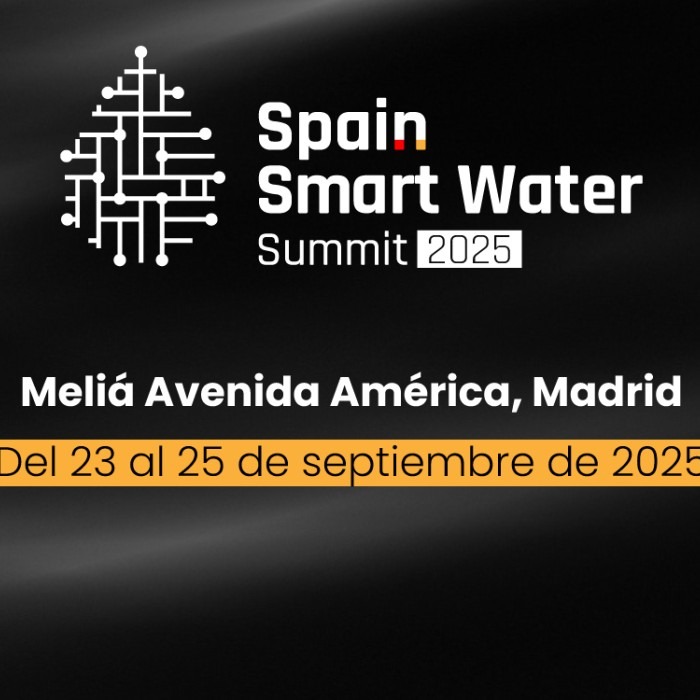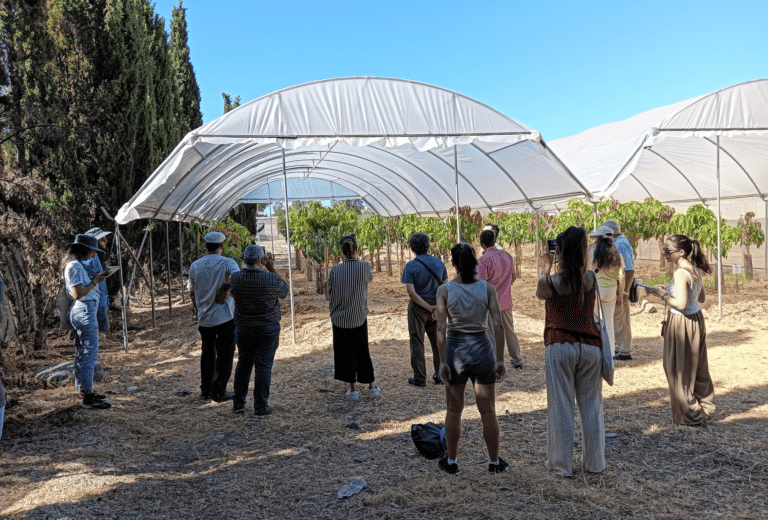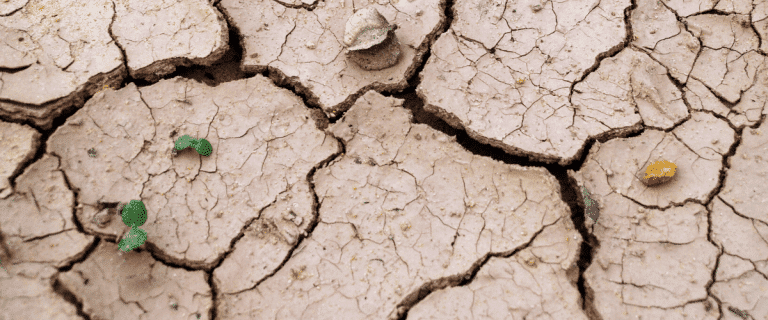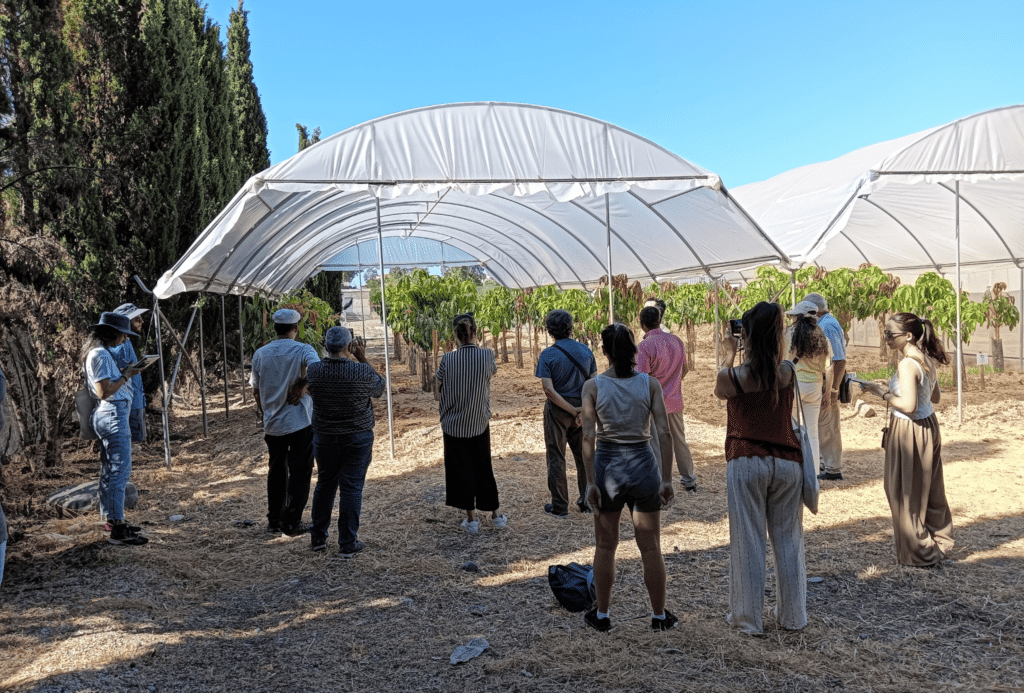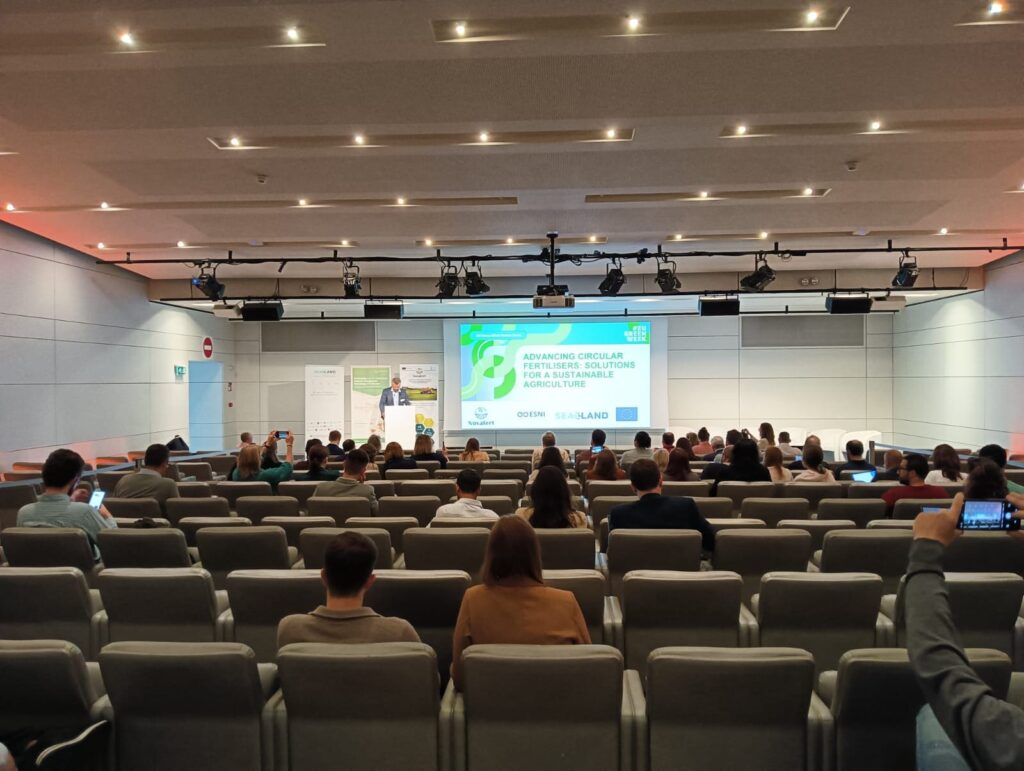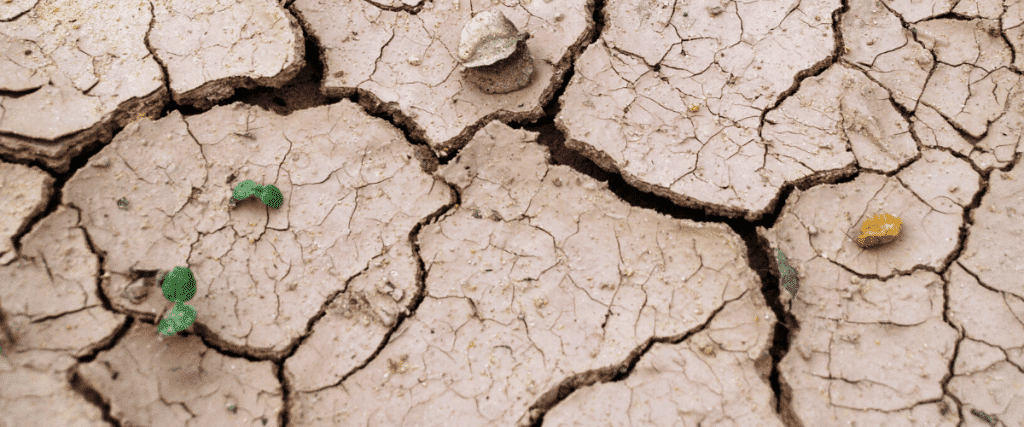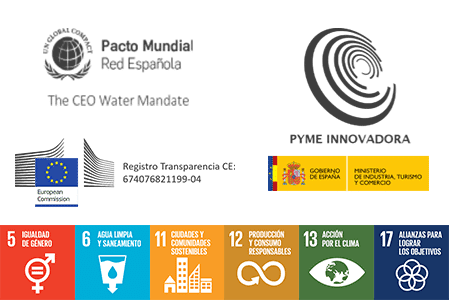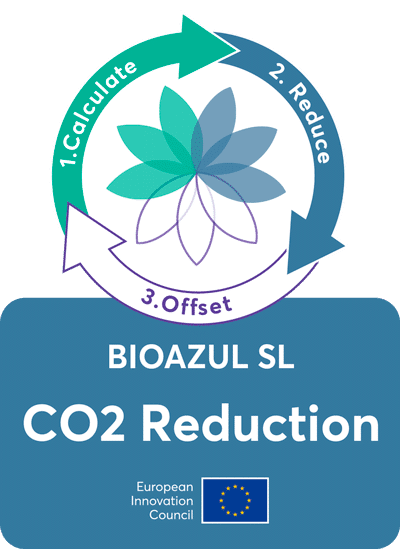Dresden, April 2025 – The Nexus has become one of the most referenced frameworks in global sustainability discussions—but what does it truly mean in practice? There’s still a clear need for an actionable, experience-based definition that can unite funders, policymakers, researchers, and communities behind a common language.
This urgent question brought together experts from across disciplines at one of the key sessions of the Dresden Nexus Conference (DNC 2025): “A Robust Definition of the Nexus – Learning from Resource Nexus and WEFE Applications.” The session opened space for shared reflection on how we define the Nexus—and what it truly takes to make it work.
A Definition Grounded in Participation and Practice
Representing the BIOAZUL team and drawing on our involvement in the BONEX project, Rafael Casielles proposed a definition built on real-world experience. He reframed the Nexus not just as a conceptual tool, but as a living policy process, anchored in participation, scientific rigor, and institutional coordination:
“The WEFE Nexus should be understood as a continuous policy process in which public participation plays a central role in shaping plans and setting priorities,” Casielles explained. “It is grounded in the fair and inclusive interaction of stakeholders across the water, energy, food, and ecosystem dimensions.”
He stressed that any definition must be both scientifically robust and institutionally viable:
“Scientific evidence must be placed at the core, supported by reliable data and sound indicators that transparently reflect impacts across all four pillars, while fully acknowledging the intrinsic value of ecosystems.”
Importantly, he emphasized that effective Nexus action goes far beyond tools and cross-sector buzzwords:
“Genuine inter-institutional coordination must be operationalized through dedicated bodies, concrete action plans, and clearly allocated resources to ensure integrated and accountable implementation.”
Why Definitions Matter
Today’s biggest challenges—from climate resilience to food security, water governance to ecosystem protection—are deeply interlinked. The Nexus provides a framework to navigate those connections. But without a shared understanding of what Nexus practice really entails, implementation often remains fragmented.
At Dresden, the session highlighted that a strong definition is not a theoretical exercise—it’s a strategic enabler. It allows funders to align investments, helps policymakers break silos, and empowers communities to co-create meaningful, cross-sector solutions.
Institutionalization Is Key
Participants—including BIOAZUL, representing its experience in participatory planning and sustainable water reuse—underscored the need to institutionalize the Nexus. That means establishing cross-sector bodies with real mandates, long-term funding, and legal authority. Without these mechanisms, collaboration risks staying at the level of aspiration.
BIOAZUL emphasized that embedding the Nexus in national strategies, legal frameworks, and investment plans is essential for moving from integrated thinking to concrete, systemic action.
Looking Ahead
The session at Dresden did not end with a finalized definition—but with a collective commitment: to co-develop guiding principles, pilot them in real contexts, and strengthen bridges between sectors and disciplines. With its hands-on experience in governance, public participation, and integrated planning, BIOAZUL is proud to contribute to this evolving, collaborative effort.
As the WEFE Nexus shifts from theory to real-world application, DNC 2025 marked a key turning point: one where diverse voices began aligning around a shared language—and a shared responsibility—to build more resilient and interconnected futures.
